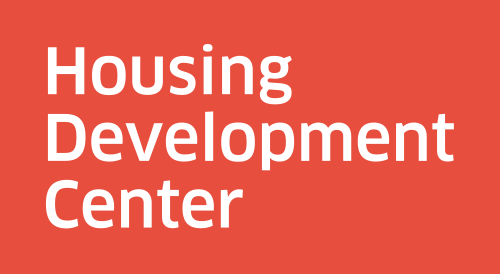Let’s Talk About Protecting Our Shared Housing Investments
How could our system for funding affordable housing better serve the needs of Oregon’s low-income residents?
To providers keeping long wait lists of families and individuals in need of homes, the question has an obvious answer: raise more dollars to build new units. But many affordable housing owners I work with would put another item high on their wish list: fund the long-term physical needs of affordable homes that already exist.
The math is simple. Public investments used to develop affordable housing come with requirements that rents be kept affordable to low-income residents for periods of 60 years and more. That’s enough time for a 50-unit apartment building to rack up millions of dollars in repair and renovation needs. But nonprofit owners hit a financial wall when they try to raise that much capital. Their saving and borrowing power is limited, in absolute terms, by what their low-income tenants can afford to pay in rent.
“Fund affordable housing recapitalization!” may sound like a wonky battle cry. But what’s at stake is the long-term future of homes that provide safety and stability to thousands of seniors, veterans, and working families in Oregon. For lack of reliable funding for physical upkeep, Oregon’s rent-restricted housing properties are at perennial risk of financial crisis as they age. Many struggle with a backlog of unfunded repair needs, while some deteriorate to the point that they must be sold off to for-profit landlords.
Whose financial responsibility is it to protect and preserve Oregon’s aging affordable housing? And how can the scope of public discussions about affordable housing be widened to address this need?
For about two years, I’ve been working with a group of affordable housing colleagues, the Preservation Convening group, to seek answers to these questions. This week, I’ll be reporting back on some of the lessons we learned and how those lessons are being put into practice. I’ll also share some suggestions about how you can get involved in the conversation about preserving Oregon’s affordable housing.
Want to take action today? Connect with Oregon Housing Alliance to get involved in advocacy efforts around affordable housing preservation funding bill HB 5030, soon up for a vote in the Oregon legislature.
Read my next post: Two Strategies to Advance the Housing Preservation Conversation.
Emily Schelling is the former director of asset management and initiatives at HDC.

